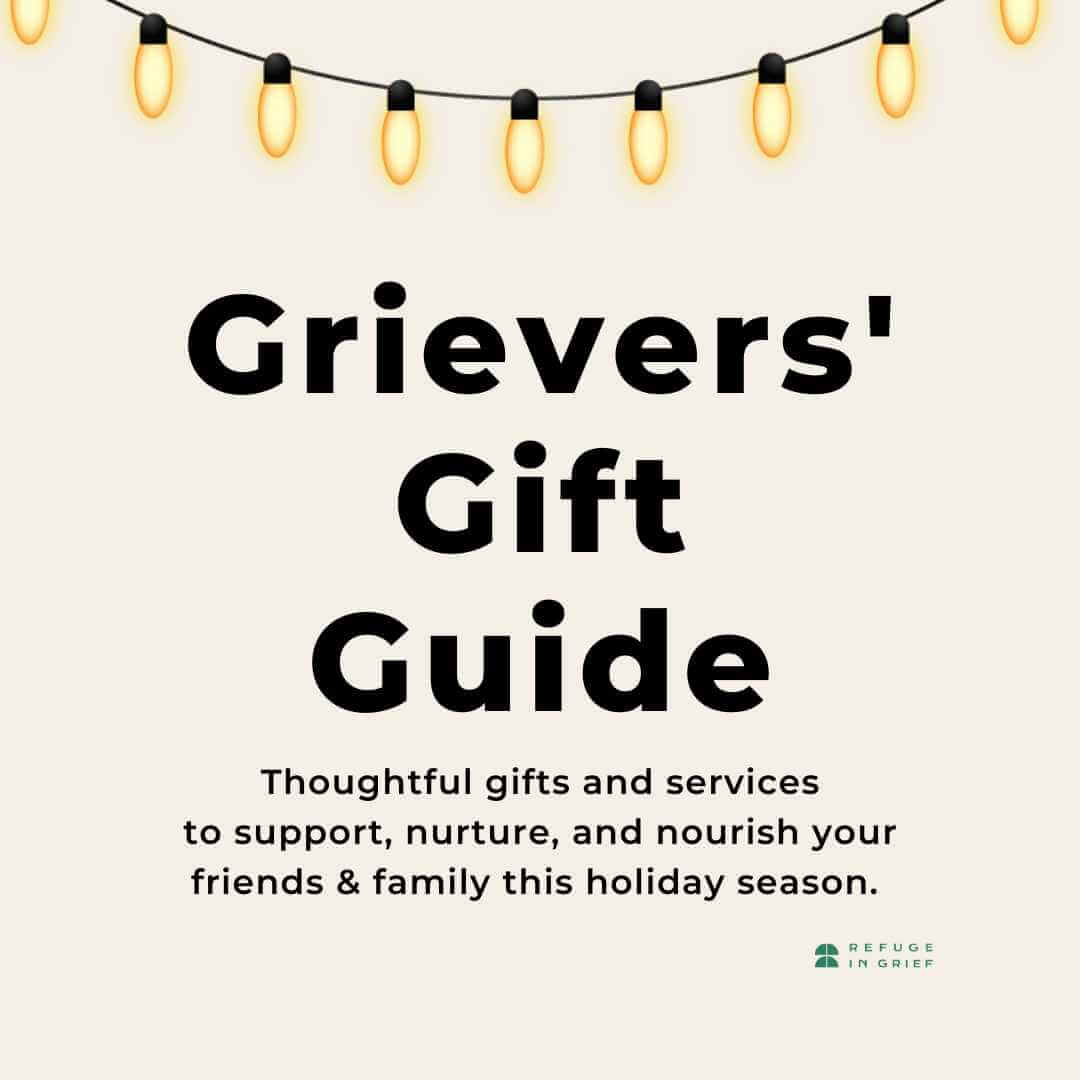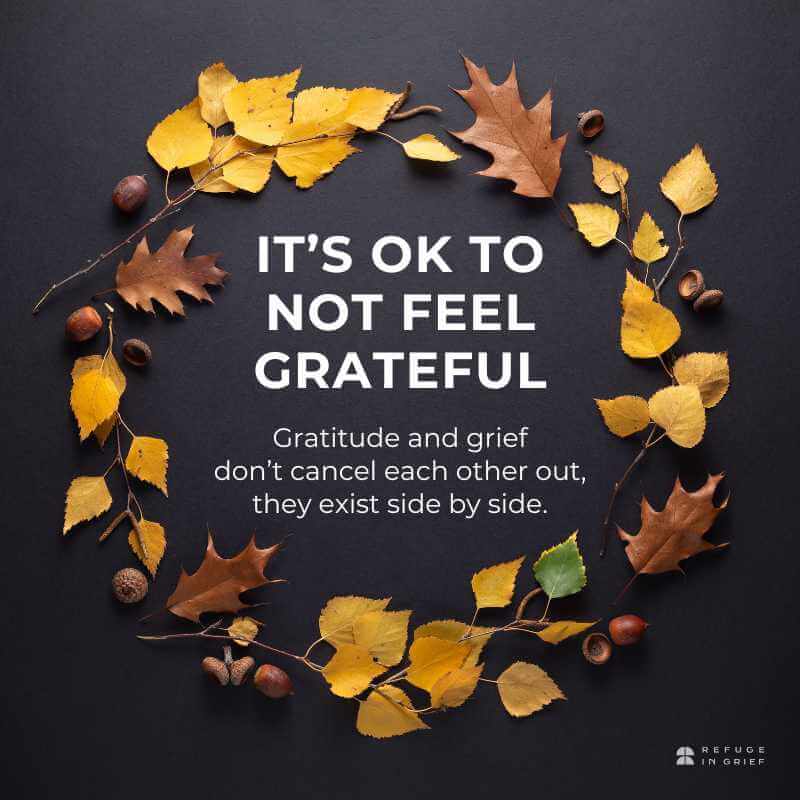Do hate crimes bear a special kind of grief?
Every so often, I get messages from people wondering why I post “political” things, like reports of hate crimes, gender violence, and policies that endanger peoples’ lives. Folks: increased violence creates more death, more suffering, more loss. Grief exists in all these places. The grief resulting from hate crimes belongs in all of our conversations about loss, and all our conversations about love.
Violence and hatred are not new. The spike in crimes – from violent slurs to physical assault – in recent months has put all of this in the spotlight. I’m certainly not a stranger to these kinds of incidents. A lot of our readership is here because of violent crime, either as survivors, or as family members grieving a death resulting from a crime. I have, you might say, a higher tolerance than many for absorbing these stories.
But even I hit a breaking point. All I can think of when I hear each new incident is what it’s like in those first surreal moments for the family members involved. And in cases of deaths in the public eye, these intimate stories are spread everywhere. There is outrage and shock and debate, personal lives entwined with national – even global – issues. Everything is connected to everything.
I’m not interested in arguments about whether talking about deaths like these is “too political.” These deaths happen. They keep happening. And there are real, actual, grieving, broken, scared, angry, horrified humans inside these stories. We can’t just look away. When I talk about grief, I’m talking about all of this, too.
Who is there for a newly grieving family to turn to when what’s happened to them is unlike what will ever happen to the vast majority of people? It’s not about whose grief is worse, or whose grief is more “political,” it’s about speaking to all grief, including those that stem from violent crimes, hate crimes, and other attacks.
Recent events in my home city made me think of this article: when private pain is a public spectacle. It’s a call to remember the actual, personal, intimate family story that sits inside the headlines.
Talking about violence in the wider world (and in our own communities) is also about listening to each other – really hearing where we’re scared, where we’re angry, how someone else’s pain affects and impacts our own grief, our own minds, our own hearts. These are all important discussions.
One of my all time favorite teachers, Joanna Macy, writes, “that your world is in pain is no reason to turn your back on it.” Those of us here know how important it is to keep our eyes and hearts open to pain, when pain is what is. We know what it means to be silenced, dismissed, or judged in our grief, and we know how powerful it is when someone says, “I see you.”
We know what it means to feel companioned inside pain. Pain in the public eye is no different.
In terms of your grief – as always, reading the news may not be a good thing for your heart. Taking time away from the images flooding social media in ever heavier numbers is important self-care. If you, or members of your family, have been the victim of a crime, or you’re simply overwhelmed with the state of the world without your person here beside you, taking breaks is necessary. Self-care is different from tuning out the world because you refuse to care about the world. In this case, tuning in to your own heart, taking breaks, and stepping away from social media allows you to re-engage with your world in ways that feel more sustainable in the long run.
If you’re called to help in some way, please check in with resources in your local community, or donate to national support services. Making a safer, more just and equitable world is something we can all do, together. We might not make a world with less grief, but we can make a world with so much more love.
 How is all this for you? What are some ways you both pay attention to, and care for yourself inside, all the violence in the world? Let us know in the comments.
How is all this for you? What are some ways you both pay attention to, and care for yourself inside, all the violence in the world? Let us know in the comments.


